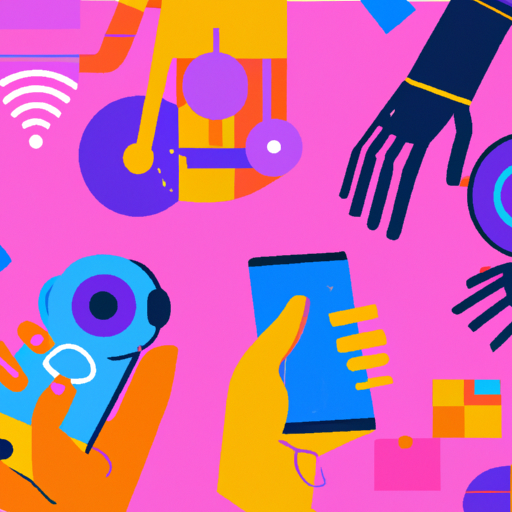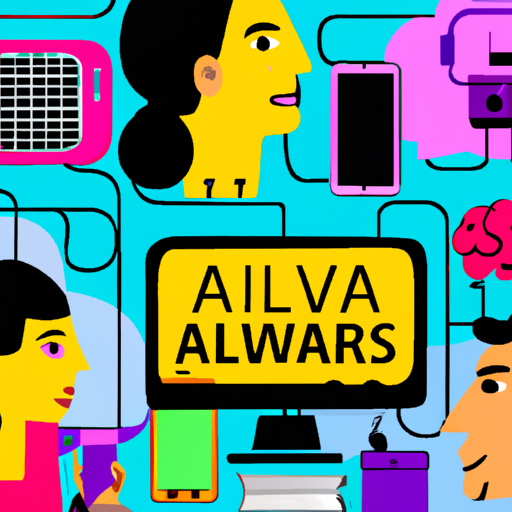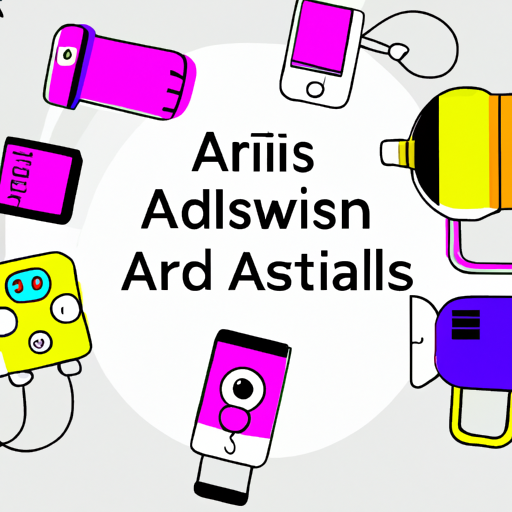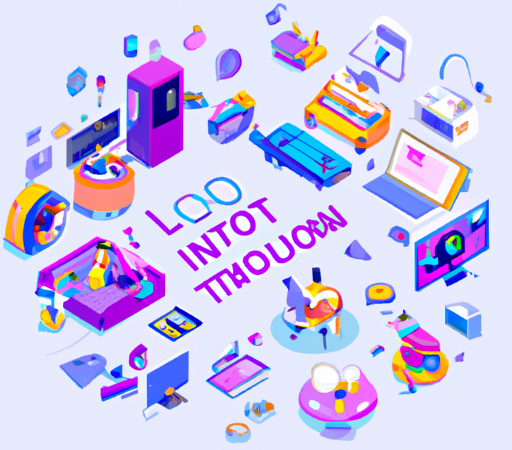The Rise of Virtual Assistants: Exploring the Growing Popularity of AI-powered Devices

The Rise of Virtual Assistants: Exploring the Growing Popularity of AI-powered Devices
In recent years, we have witnessed a rapid growth in the popularity of virtual assistants, AI-powered devices that provide assistance and perform tasks for their users. From smartphones to smart speakers and smartwatches, these virtual assistants are becoming an integral part of our everyday lives.
One of the most well-known virtual assistants is Apple's Siri, which made its debut on the iPhone in 2011. Since then, other tech giants such as Amazon with Alexa and Google with Google Assistant have also entered the market with their own versions of virtual assistants. These devices use artificial intelligence (AI) technology to understand and respond to user commands.

The growing popularity of virtual assistants can be attributed to several factors. Firstly, the advancements in AI technology have made these devices smarter and more capable of understanding natural language. This means users can communicate with their virtual assistants using everyday language rather than predefined commands. For example, you can ask your virtual assistant to play your favorite song, set reminders, or check the weather without needing to memorize specific phrases.
Additionally, the increasing integration of virtual assistants with various devices has provided users with a seamless and efficient experience. For instance, virtual assistants can now control connected home devices, allowing users to easily manage their lights, thermostats, and even security systems using simple voice commands. This level of integration has transformed the way we interact with our devices, making tasks more hands-free and convenient.
Moreover, virtual assistants have become an essential tool for personal productivity and organization. These devices can schedule appointments, set reminders, and send notifications to help us stay organized and on top of our daily activities. With the ability to sync across multiple devices, virtual assistants ensure that users have access to their schedules and tasks wherever they are.

Virtual assistants have also found significant utility in areas such as healthcare and education. For example, they can provide quick and easy access to medical information or assist students with learning and studying tasks. They can also answer general knowledge questions and provide updates on news, sports, and entertainment, making them an all-in-one information source.
Furthermore, the COVID-19 pandemic has accelerated the adoption of virtual assistants. With people spending more time at home and relying heavily on technology, virtual assistants have become reliable sources for entertainment, news, and general assistance. They have also provided a means for staying connected with friends, family, and colleagues through video calls and messaging.
While the rise of virtual assistants brings numerous benefits, it also raises concerns about privacy and security. Virtual assistants are constantly listening for user commands, and this data is often stored and analyzed by the tech companies that create them. There have been cases where unintentional recordings or sensitive information have been accessed by unauthorized individuals, highlighting the importance of privacy safeguards.
In conclusion, virtual assistants have quickly gained popularity due to their ability to provide assistance, improve productivity, and enhance convenience in our daily lives. Their integration with various devices and continuous advancements in AI technology have made them indispensable for many users. However, it is important to remain vigilant about privacy and security concerns as we embrace the world of AI-powered virtual assistants.






